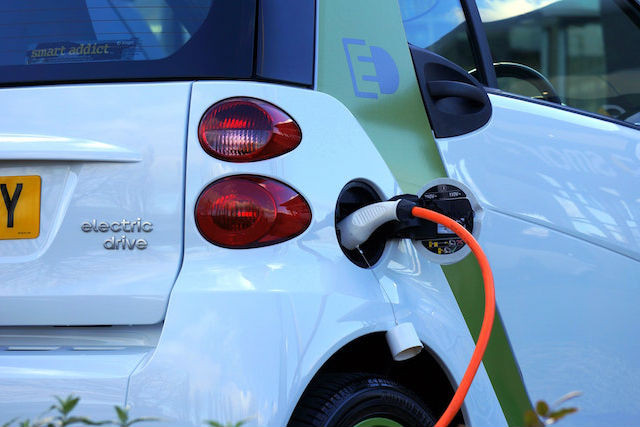Figures published by Luxembourg sustainable development minister François Bausch (déi Gréng) in his response to a parliamentary question showed that some 537 hybrid, plug-in hybrid and electric vehicles were registered in 2014. In 2017, the number rose to 1,936 and by June 2018 the six-month tally had reached 1,135 vehicles.
The growth comes largely thanks to the introduction of fiscal benefits on low or zero-emission vehicles, which came into force on 1 January 2017.
“The high number of electric car registrations recorded in 2014 comes as a result of the fact the CAR-e scheme for electric cars was due to end,” the minister wrote, adding: “It seems evident that besides a wider choice of hybrid, plug-in hybrid and electric vehicles on the market, our financial incentives […] have strongly contributed to the increase in the number of registrations.”
At the same time, the popularity of diesel-fuelled vehicles has fallen in Luxembourg. While in January 2015, diesel vehicles accounted for three quarters of all new registrations, in February 2018 they were just half (46.7%). The proportion of petrol-fuelled vehicle registrations more than doubled from 23.2% to 49.3% over the same period. This could be linked to the diesel-gate scandal in which some diesel cars were fitted with emission cheat devices.
The question was asked by MP Josée Lorsché (déi Gréng).
